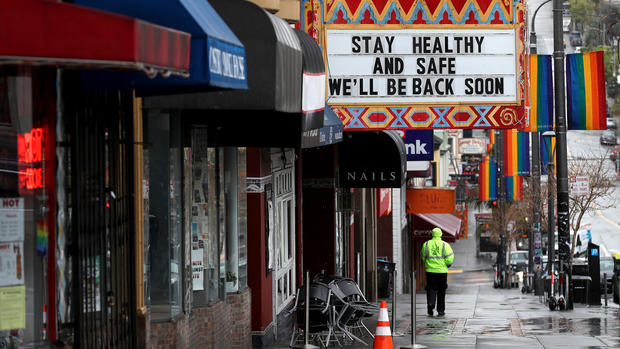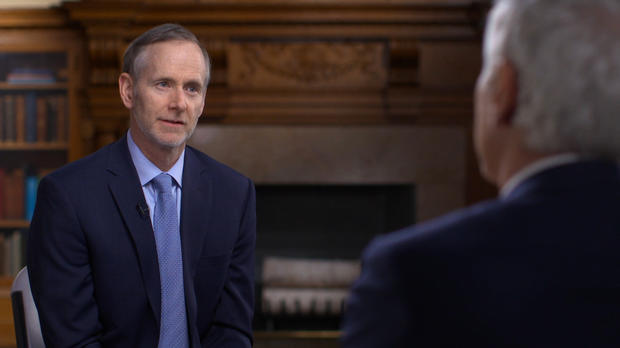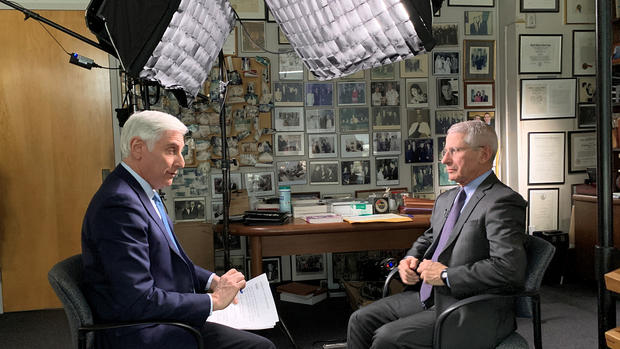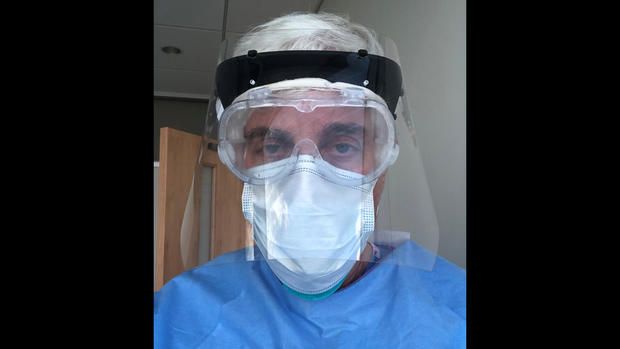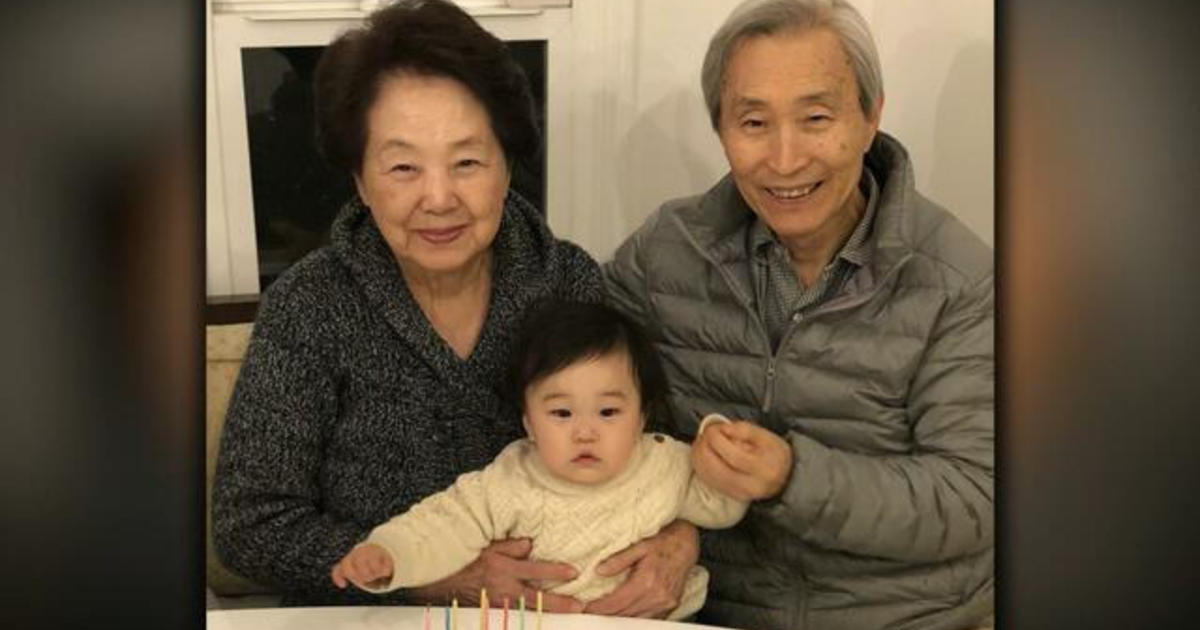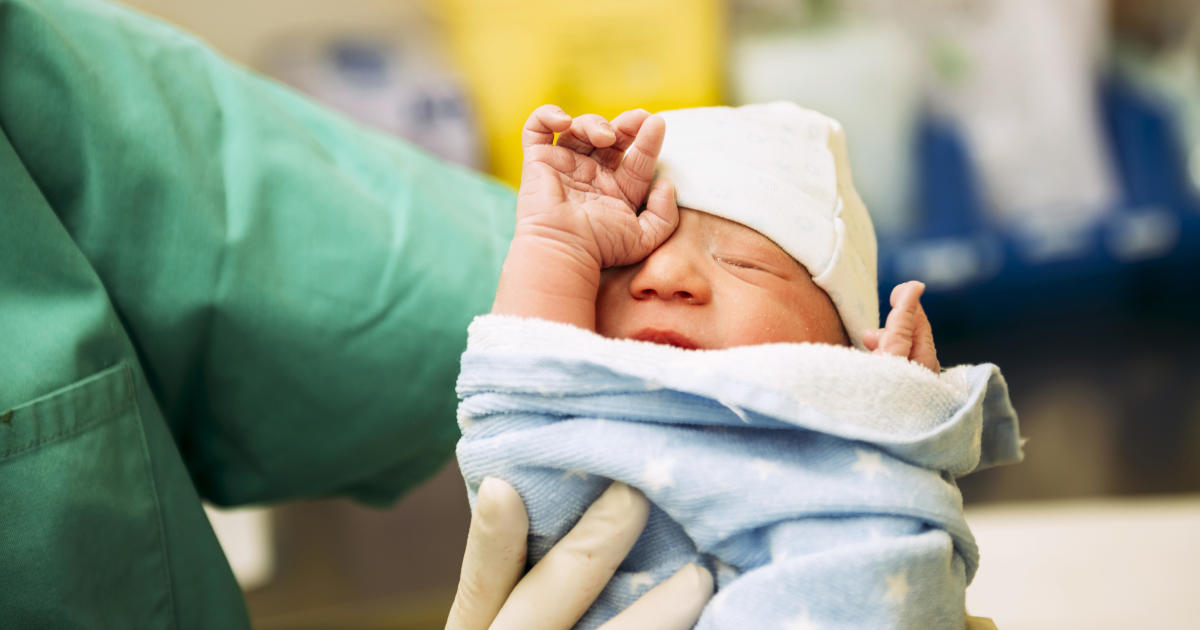Inside 60 Minutes' first report on COVID-19
When 60 Minutes broadcast its first COVID-19 story on Sunday, March 8, 2020, the country was open for business. Workers filled offices, diners populated restaurants, and arenas were filled with cheering fans. At that time, there were more than 100,000 known cases across at least 90 countries. In the United States, at least 20 people had already died from the virus.
"There is no vaccine or specific drug to treat it," Dr. Jon LaPook, CBS News chief medical correspondent and a 60 Minutes contributor, said in the studio introduction of the story. "Instead, there is hygiene and quarantine."
The virus was silently spreading, and little was known about how it was being transmitted and its symptoms. The world was on the precipice of a massive change.
"I think at the beginning of this, it was hard to take it seriously for some people because they didn't know anybody who had gotten sick," LaPook told 60 Minutes Overtime. "They didn't know anybody who died. And has that ever changed."
According to Johns Hopkins University, more than 525,000 Americans have now died from COVID-19.
The Baltimore-based institution was one of the first places 60 Minutes reported from on the emerging pandemic. Its hospital was yet to record a positive test, but had begun screening every patient for COVID-19.
"They were willing to trust us," said Denise Schrier Cetta, who worked on a team of 60 Minutes producers on the broadcast's first COVID-19 story last March. "They were willing to help us tell the story and at that point in the pandemic. That was very difficult, because most hospitals and medical centers did not want to be associated with the pandemic."
In Maryland, Dr. Tom Inglesby, the director of the Johns Hopkins Center for Health Security, showed 60 Minutes the details of a multinational simulation he led four months before COVID-19 began to spread worldwide. The prophetic pandemic preparedness exercise included fictional travel bans, shortages of medical supplies, and painted a bleak picture of the havoc a highly communicable disease could wreak on the world.
In Washington, D.C., LaPook sat down with Dr. Anthony Fauci, the director of the National Institutes of Allergy and Infectious Diseases, for an interview that nearly did not happen.
LaPook told 60 Minutes Overtime that Fauci agreed to the interview, but the Trump Administration intervened and tried to cancel it. LaPook had to appeal to sources "high up" in the government who helped get Fauci permission to speak with 60 Minutes.
"It certainly was a clue very early on that it was not just open communication," LaPook said to 60 Minutes Overtime. "And I think we've learned that there was an attempt to, sort of, control the message."
In the time since, LaPook has interviewed Fauci multiple times for CBS News, including again for 60 Minutes in October 2020.
CBS News' Dr. Jon LaPook has spent some of the last year on the frontlines of the pandemic. In April of 2020, he worked on the COVID-19 ward at NYU Langone in New York City, where he likened the fear and unknown circumstances to the start of the AIDS pandemic when he was a medical resident.
When he has not been seeing patients, LaPook has been a constant communicator, keeping viewers informed about the progress made in the fight against the virus. His latest 60 Minutes report documented the threat posed by COVID-19 variants.
LaPook said he believes we are now in the "beginning of the end of the pandemic."
"We have a lot more at our disposal now than we had a year ago," LaPook said. "We have these effective vaccines. We have masks. But we have to understand that the battle's not over. This is a time where everybody has got to pull together because this pandemic is not going to be over for anyone until it's over for everyone."
The video above was produced by Keith Zubrow and Sarah Shafer Prediger. It was edited by Sarah Shafer Prediger.
